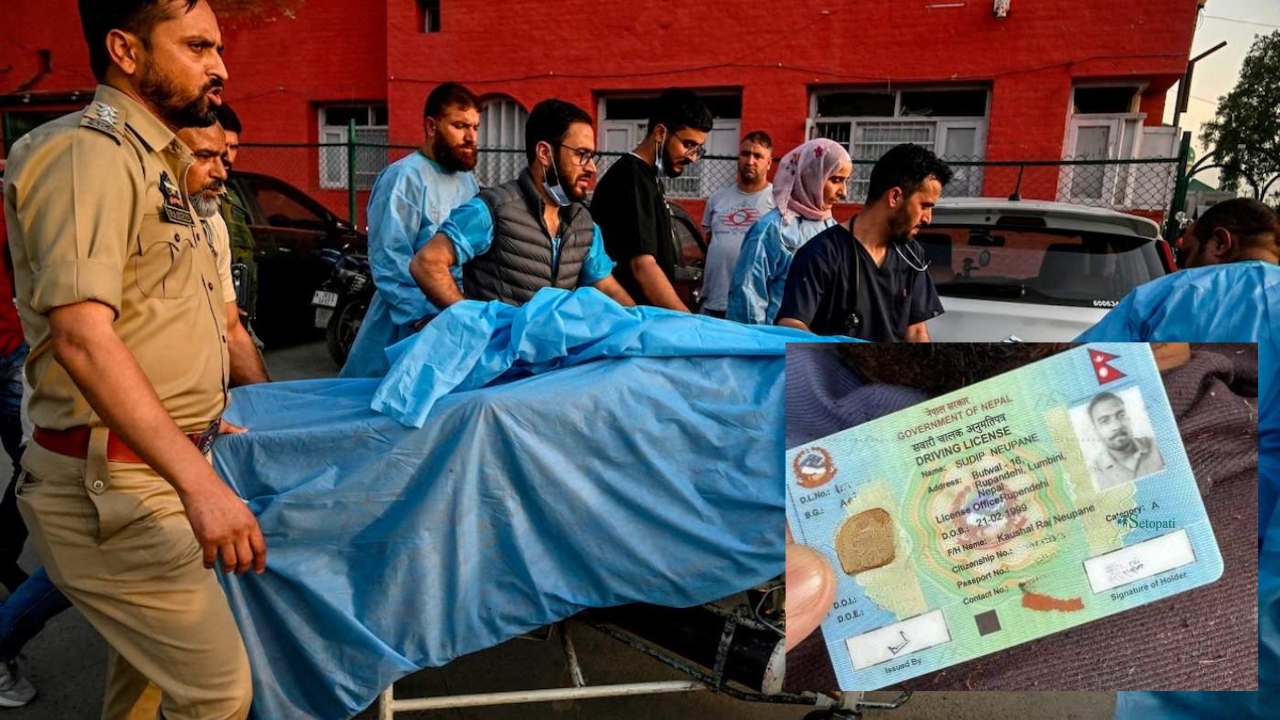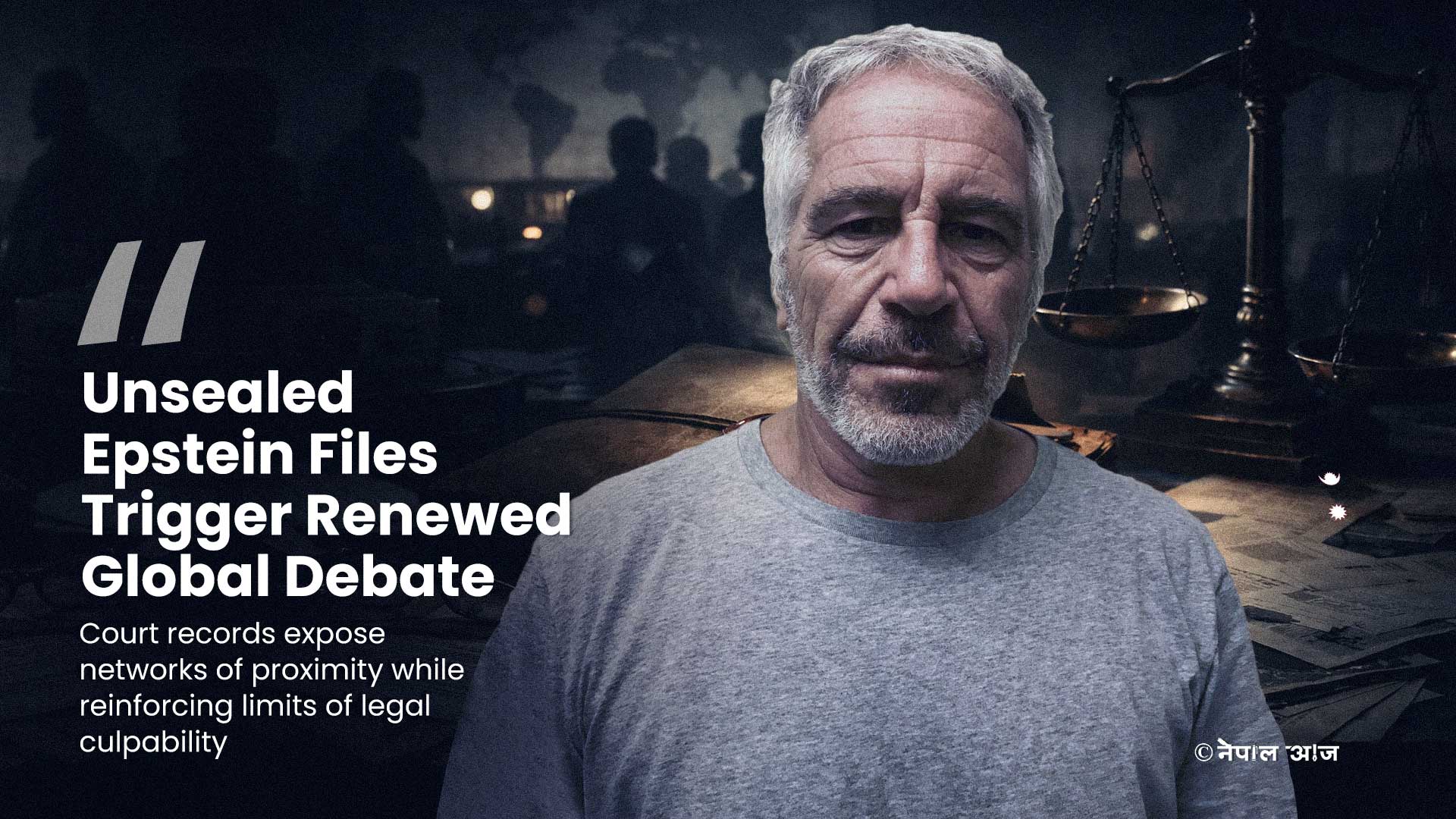Nepali Killed in Kashmir Terror Attack! National Unity Campaign Issues SHOCK Warning
'Similar Massacre Possible in Nepal, Deadly Islamization a Threat!'

Kathmandu – The Rastriya Ektata Abhiyan – Nepal (National Unity Campaign - Nepal) has strongly condemned the terrorist attack in Pahalgam, Jammu and Kashmir, India, expressing deep sorrow over the death of a Nepali citizen in the incident. The Campaign stated that this attack signifies the spread of Islamic terrorism in South Asia and issued a grave warning that similar incidents could be replicated in Nepal. Pointing to the danger that increasing 'Islamization' in Nepali society could lead to such violent activities in the future, the Campaign asserted that Nepal could face dire consequences if citizens do not become aware in time.
In a statement released on Wednesday by the Campaign's Central President, Binay Yadav, the cowardly attack in Pahalgam was described not merely as an assault on India, but as a brutal attack on all of human civilization. The statement claims it has been proven that the notorious Pakistan-based terrorist organization Lashkar-e-Taiba (LeT) carried out the attack under the protection of Pakistan's intelligence agency, the ISI. The Campaign accuses LeT of disrupting peace in South Asia, including India, for a long time.
The statement recalled that LeT's involvement in dozens of terrorist incidents, including the 2008 Mumbai attacks and the Pulwama attack, has been verified by security agencies worldwide. Stating that Nepal is not untouched by this terrorist network, the Campaign mentioned that it has become public knowledge that in the past, terrorist activities were allegedly given diplomatic cover through the Pakistani Embassy in Kathmandu.
The Campaign noted that the hijacking of flight IC-814 from Kathmandu in 1999, which subsequently forced India to release terrorists like Maulana Masood Azhar, serves as a serious warning for Nepal. The statement added that such incidents have caused significant damage to Nepal's international image and tourism sector.
The Campaign emphasized the need for the government to maintain high vigilance against the potential misuse of the open border between Nepal and India, a symbol of cultural and historical ties, by terrorists.
Mentioning that Islamic terrorism is not just a problem for one country but a common challenge for all of South Asia, Asia, and the world, the statement cited attacks in various places like the US, Europe, Sri Lanka, and Bali as examples. The Rastriya Ektata Abhiyan clarified that terrorism is not the message of any religion but the criminal exploitation by extremist forces.
The Campaign stated its demands: organizations like LeT must be completely banned as international terrorist organizations, the Government of Nepal must further strengthen its legal and security framework against terrorism, and it expressed full support for the stringent anti-terrorism measures taken by the Government of India.
Finally, expressing solidarity with the Government of India, the Campaign called upon the international community, especially the United Nations, to take concrete and decisive action against Islamic terrorism. The statement concludes that the time has come for a decisive battle where humanity must win, and terror must lose.




![From Kathmandu to the World: How Excel Students Are Winning Big [Admission Open]](https://nepalaaja.com/img/70194/medium/excel-college-info-eng-nep-2342.jpg)


